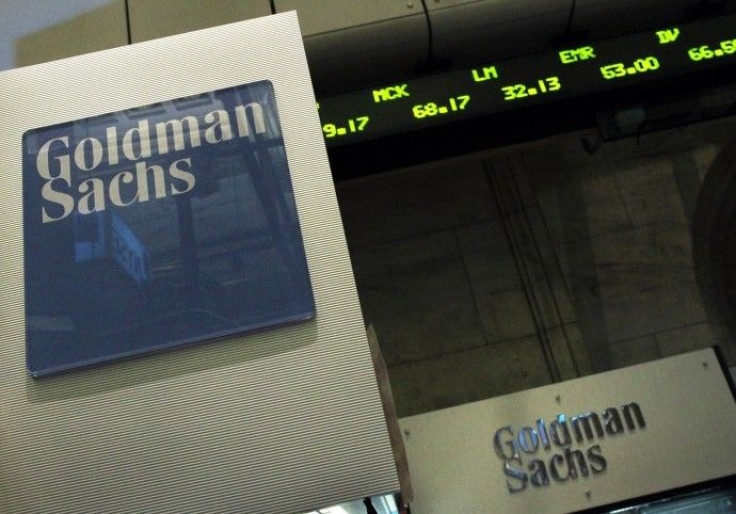Prop traders are leaving Goldman Sachs

For all its dilution and exceptions, the Volcker Rule is no joke and has prompted the exodus of proprietary (prop) traders from big investment banks like Goldman Sachs (NYSE: GS).
In the latest development, the largest prop trading team at Goldman Sachs -- led by Daniele Benatoff and Ariel Roskis -- is preparing to launch its own hedge fund in the second quarter of this year.
Last December, Morgan Sze, Goldman Sachs' top trader in Asia, began raising money for his own Hong Kong-based hedge fund.
Other top Goldman Sachs traders to have recently left (and taken some of their Goldman Sachs colleagues with them) include Pierre-Henri Flamand, Bob Howard, Eric Mandelblatt, and Mark Carhart.
Most of these developments were first reported by Financial Times.
How will this wave of defection affect Goldman Sachs?
First, there is little doubt these traders were highly profitable assets for Goldman Sachs. Even in this relatively difficult environment for the financial industry, those who are looking to start their own funds are flooded with investor money while those looking new employers are not lacking in job offers.
Indeed, firms like KKR (Howard's new employer) have taken advantage of this exodus to establish a foothold in the world of prop trading.
The latest figures show that 'trading and principal investments' account for 63 percent of Goldman Sachs' revenues. In additional to prop trading, this category also includes handling client transactions and market-making, so it is unclear how much money Goldman Sachs makes from prop trading alone.
When CLSA analyst Mike Mayo posed the question to Goldman Sachs CFO David Viniar, the latter said the walled-off prop business that has nothing to do with clients accounts for roughly 10 percent of revenues.
However, if prop trading desks with client-related functions were included, that figure is estimated to be around 20 percent or more, according to Institutional Investor.
Of course, the watered-down Volcker Rule, with all its exceptions and loopholes, won't eliminate the entire prop trading operation/exposure of Goldman Sachs.
But whatever the case, prop trading was responsible for some spectacular growth at Goldman Sachs in the last decade and losing this cash machine will certainly hurt.
Email Hao Li at hao.li@ibtimes.com
© Copyright IBTimes 2024. All rights reserved.











